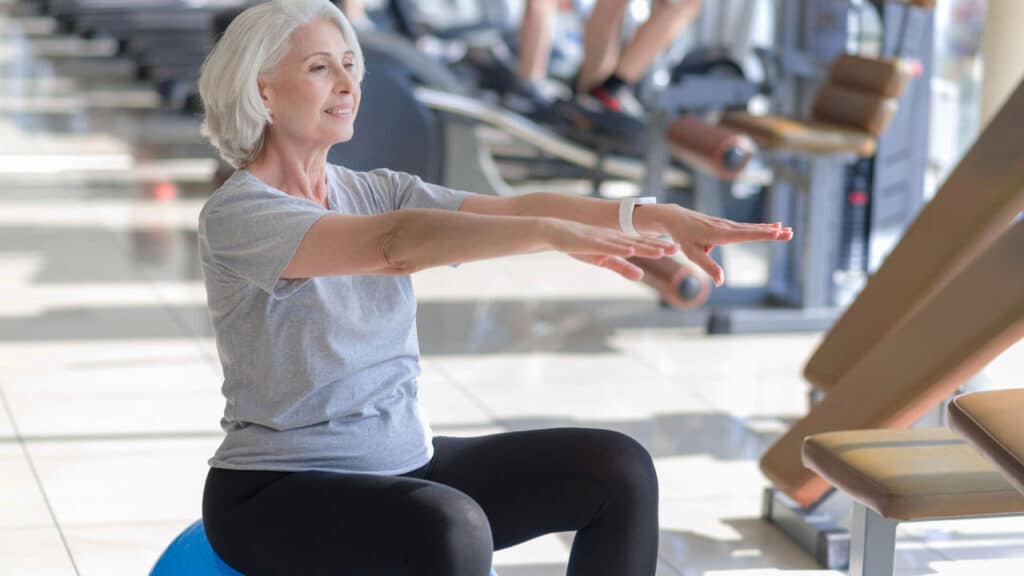Aging doesn’t just slow your movements and make it harder to exercise. It also slows the recovery process after the exercise is finished. Every ache and pain seems to last longer when you’re older. Is there any way to alleviate that effect?
There are lots of possible reasons that aging slows recovery, and most people can probably blame a combination of factors. There’s something called sarcopenia, or age-related muscle loss. This is when you lose muscle fibers, and the ones that are left become weaker. The impact can be better or worse depending on your diet, whether you exercise regularly and your hormone levels.
It’s not just muscles that weaken with age, however. Connective tissue, like tendons and ligaments, also gets weaker. Even the messaging between the brain and the body can become impaired. Meanwhile, our immune system reacts more slowly, meaning that the healing process can be delayed when our body has been stressed and damaged.
You can’t necessarily stop this from happening, but you can give yourself the best chance of dealing with it. All the advice we normally give you about diet becomes even more important as you age. Eating the right combination of protein (for muscle growth and repair) and carbs (for energy) is vital not just for an effective workout, but also for an effective recovery. Older people tend to need more protein than other adults.
Vitamin D is one of the most common deficiencies for older adults and can lead to softening bones, which in turn can contribute to pain and muscle weakness. We think of vitamin D as the sunshine vitamin, but for those who aren’t exposed to enough sunlight, it can be found in fish like salmon and sardines. In the U.S., milk and cereal are often fortified with additional vitamin D to tackle deficiencies.
Older people are also at a higher risk of dehydration. You need to be aware of your water intake not just when exercising but also in day-to-day life if you want your body to function and recover properly. And you do need to work out, even if it’s harder. That includes different exercises like flexibility and resistance training.
Most importantly of all, allow yourself more time to recover. Make sure rest days are part of your routine, and try to get enough sleep. With care, you can minimize the impact of aging.




